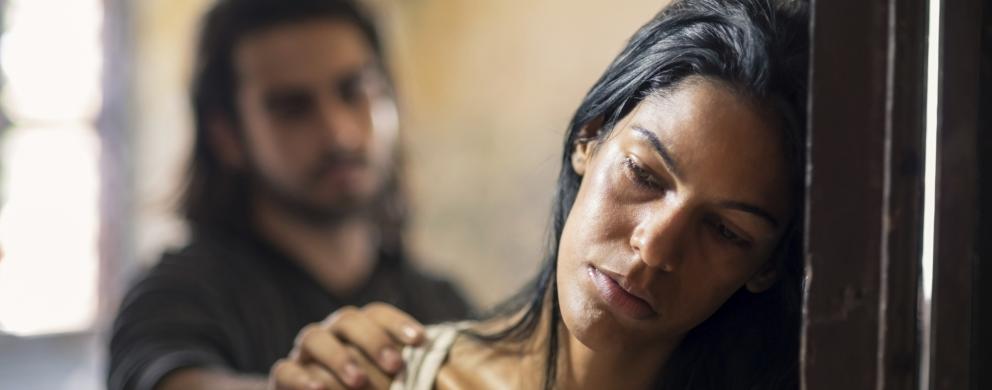Gender-based violence (GBV) is one of the most widespread and socially tolerated forms of human rights violations, cutting across nationality, race, class, ethnicity and religion.

It is a major source of inequality in Kenya.
GBV has a profound social and economic impact on families, communities and the entire nation, as well as serious ramifications on national security.
INEQUALITY
In Kenya, as elsewhere in the world, GBV is a complex issue that has, at its root, structural inequalities between men and women, young and old.
Some of the violations meted out on girls and women in Kenya, despite being outlawed, include child marriages, female genital mutilation (FGM) and sex trafficking.
Kenya has made significant strides regarding GBV and other health-related human rights.
From policies and laws to establishment of GBV recovery centres to awareness creation, both the State and non-state actors are doing all they can to ensure that women’s rights are respected and protected.
However, the best way to end violence against women and girls is to prevent it from happening in the first place, by addressing its root and structural causes.
Prevention should start early in life by educating and working with boys and girls in promoting respectful relationships and gender equality.

